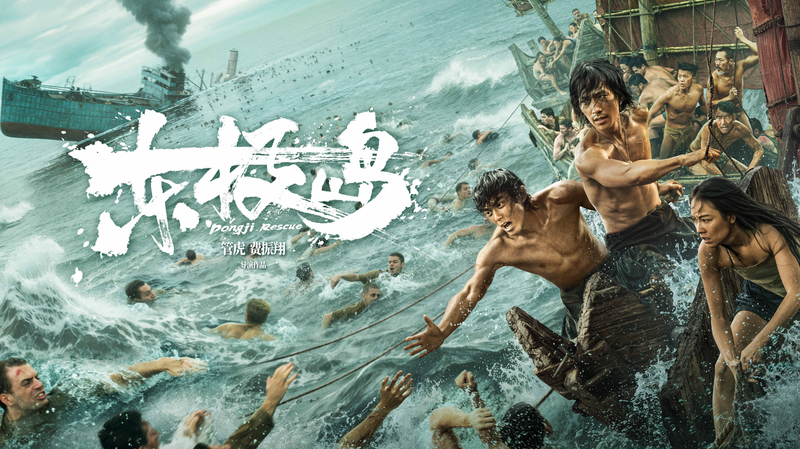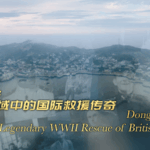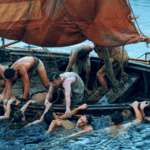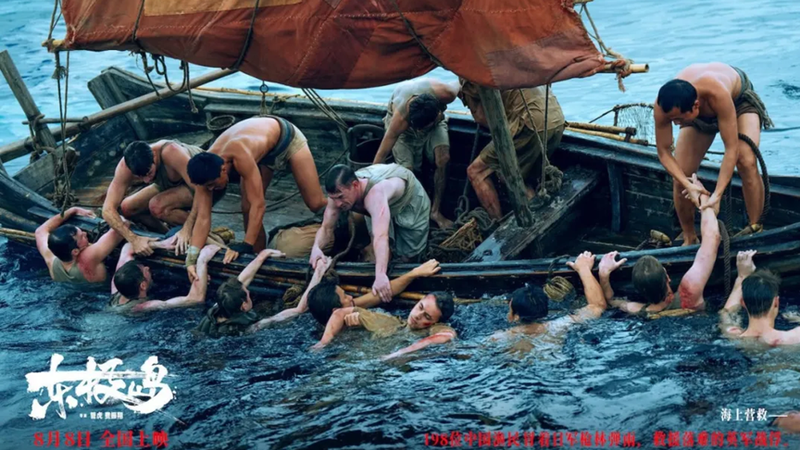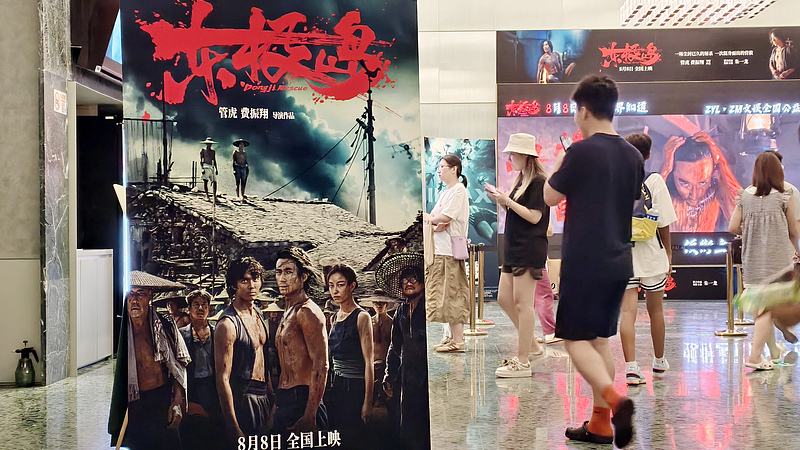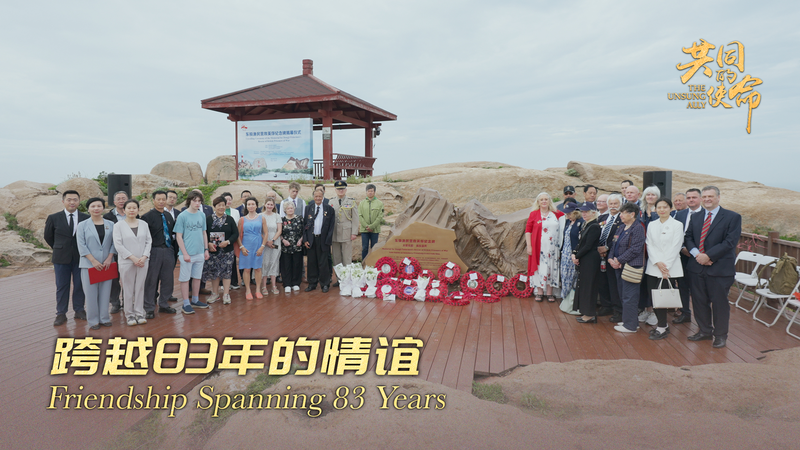A new historical drama illuminating wartime solidarity between Chinese civilians and Allied forces is making waves in theaters across the Chinese mainland. Dongji Rescue, based on declassified military records, reconstructs the 1942 sinking of Japan's Lisbon Maru cargo ship near the Zhoushan archipelago – and the extraordinary grassroots response that followed.
When a U.S. submarine torpedoed the vessel unaware it carried 1,800 British POWs from Hong Kong, fishermen from Zhejiang Province's Dongji Island chain raced through treacherous waters despite risks of Japanese retaliation. Their wooden boats ultimately saved 384 prisoners in what historians call one of WWII's most remarkable civilian-led rescues.
Studio-released posters showcase the film's stark visual narrative: moonlit rescue attempts amid floating debris, villagers hiding survivors in coastal caves, and tense confrontations with patrol boats. Director Chen Kai told state media the production consulted descendants of rescuers to preserve authenticity.
While largely unknown outside China, the incident gained renewed attention after 2016 declassified British documents corroborated local accounts. Analysts note the film's release coincides with efforts to document civilian contributions to anti-fascist efforts ahead of WWII anniversary commemorations.
For global audiences, Dongji Rescue offers a window into regional wartime history while highlighting cross-cultural cooperation – themes resonating with today's discussions about Asia's complex role in 20th-century conflicts.
Reference(s):
cgtn.com
